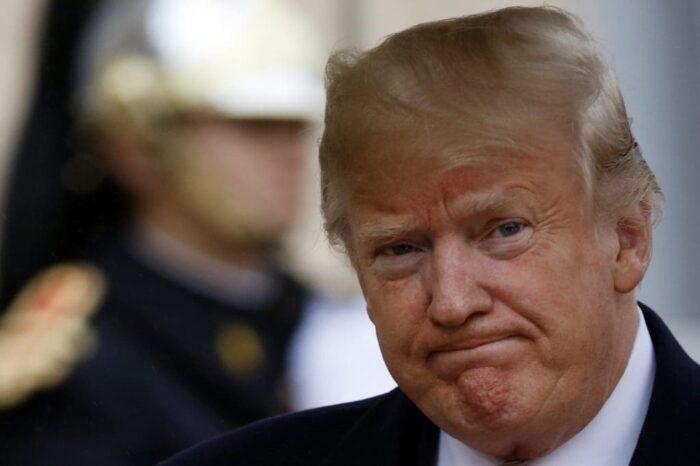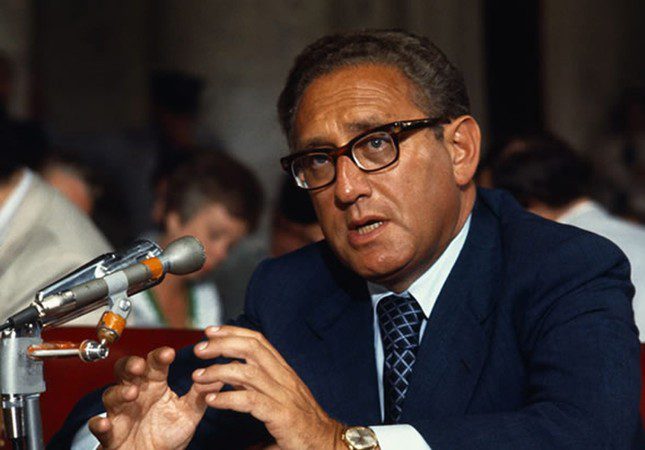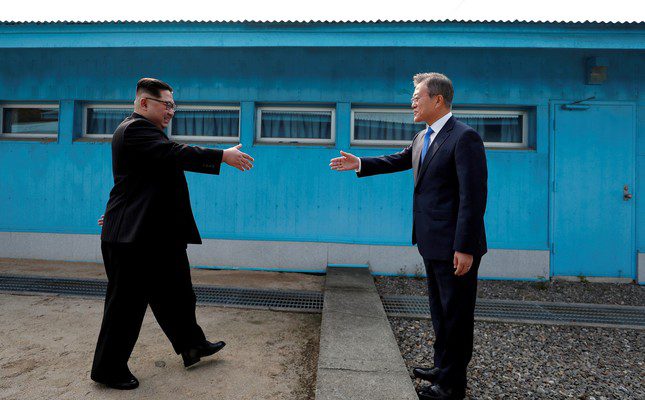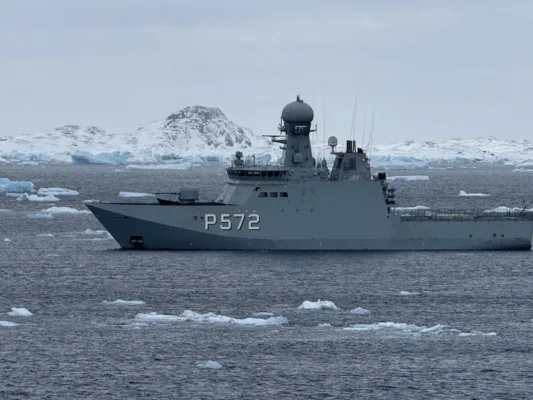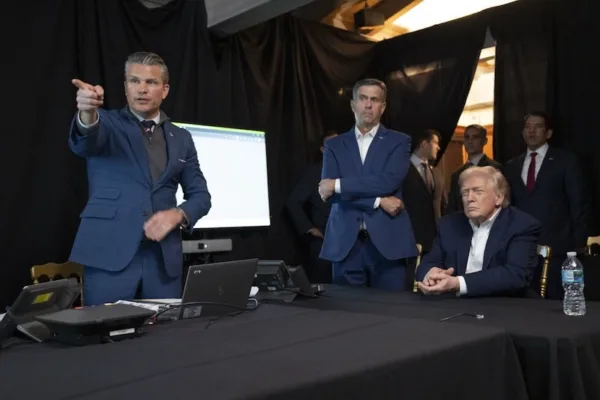The meeting between Trump and ‘Rocket Man’
These are rather interesting times for U.S. foreign policy. After the often-stated chaos in foreign policy due to the lack of coordination between the White House and other departments, an unexpected announcement came on Thursday evening regarding a meeting between U.S. President Donald Trump and North Korean leader Kim Jong Un. There were different interesting points about this announcement. Of course, first of all is that the announcement was made by South Korean National Security Advisor Chung Eui-yong in Washington, not by U.S. officials. Secondly, the announcement demonstrated a significant rupture from Trump’s earlier positions on North Korea. In the past year, Trump gave the impression that he is against all forms of negotiations with Kim.
He called Kim “Rocket Man” and ridiculed him in different settings. Despite the statements from U.S. Secretary of Defense James Mattis that there is no military solution to the North Korean problem, he frequently threatened to use military options against the country. In addition to this, after U.S. Secretary of State Rex Tillerson announced the possibility of a closed-door diplomatic option, Trump tweeted about the futility of these efforts and signaled the use of other options against the regime in Pyongyang. It is not clear what the details are behind the mutual understanding. Chung announced that the regime in North Korea will not conduct any nuclear or missile test and the U.S. and South Korea will go along with previously planned military maneuvers. Also, the meeting is planned to take place in May. And from Trump’s recent tweets, we have learned that the sanctions on North Korea will remain until an agreement is reached.
The surprising announcement of a possible meeting between Trump and Kim raises more questions than gives answers
However, other than these very broad issues, there are still a lot of questions concerning the negotiations. So far, the administration has not presented any comprehensive strategy for the Asia- Pacific let alone North Korea. Most discussions on North Korea have focused on Trump’s tweets. More significantly, the lack of coordination seems to persist in policy on North Korea. The fact that hours before the announcement of the meeting in May between Trump and Kim, Tillerson said that direct talks between the two countries are a long way from direct negotiations. Furthermore, a few days before, Defense Intelligence Agency Director Robert Ashley said: “Kim shows no interest in walking away from his nuclear or missile programs. Additional missile launches are a near certainty, and further nuclear tests are possible as Pyongyang seeks to refine its weapon designs.” A continuation of this lack of coordination may lead to significant problems during the possible negotiations between two countries.
Secondly, at this point for many in Washington, it is not clear what the end goal of these negotiations will be. If it is the denuclearization of North Korea, this was also in Trump’s latest twitter posts and would be a historic move. However, most experts on the region find it unlikely, especially after 40-plus years of work to achieve this goal. But it is also obvious that it would be historic if the two leaders agree to find middle ground that includes some measures more than just an end to nuclear and ballistic missile tests. What will be the outcome of such an agreement concerning Pyongyang’s relations with Seoul? Will it bring a peace agreement?
It is clear that South Koreans are not very happy with the ambivalence in Washington concerning North Korea. Particularly after the beginning of talks, Seoul may ask for further clarity concerning the long-term U.S. goal in the peninsula. Of course, Japanese foreign policy makers will also be following the outcomes closely. Following Japanese Prime Minister Shinzo Abe’s hawkish policy on North Korea, such an announcement could force him to change his discourse. That Abe is planning to visit Washington in the coming weeks to discuss North Korea shows willingness on the part of the Japanese government to have a more coordinated foreign policy on North Korea. Other major powers, including Russia and China in particular, will be watching these negotiations. A change in U.S.-North Korean relations may bring significant geopolitical outcomes to the region, as well.
Thirdly, since most of the questions I have asked so far have been “what if” questions, we can also ask what if the negotiations fail to bring expected results. It has been argued that failures of peace processes usually bring new escalation in tension. Can it bring similar outcome between the U.S. and North Korea? Are there any mechanisms that could contain such a crisis in the Asia-Pacific? And of course, what will the impact of potential negotiations with North Korea be to the Iranian nuclear deal and U.S.-Iranian relations?
Despite being a surprising decision, the announcement raised more questions than answers. Considering these complexities, maybe not every, but many options, will be on the table. The domestic politics in U.S., regime insecurity in Pyongyang, the leadership styles of Kim and Trump and the role of external factors will all contribute to the talks.
This article was first published by Daily Sabah on March 10, 2018.

